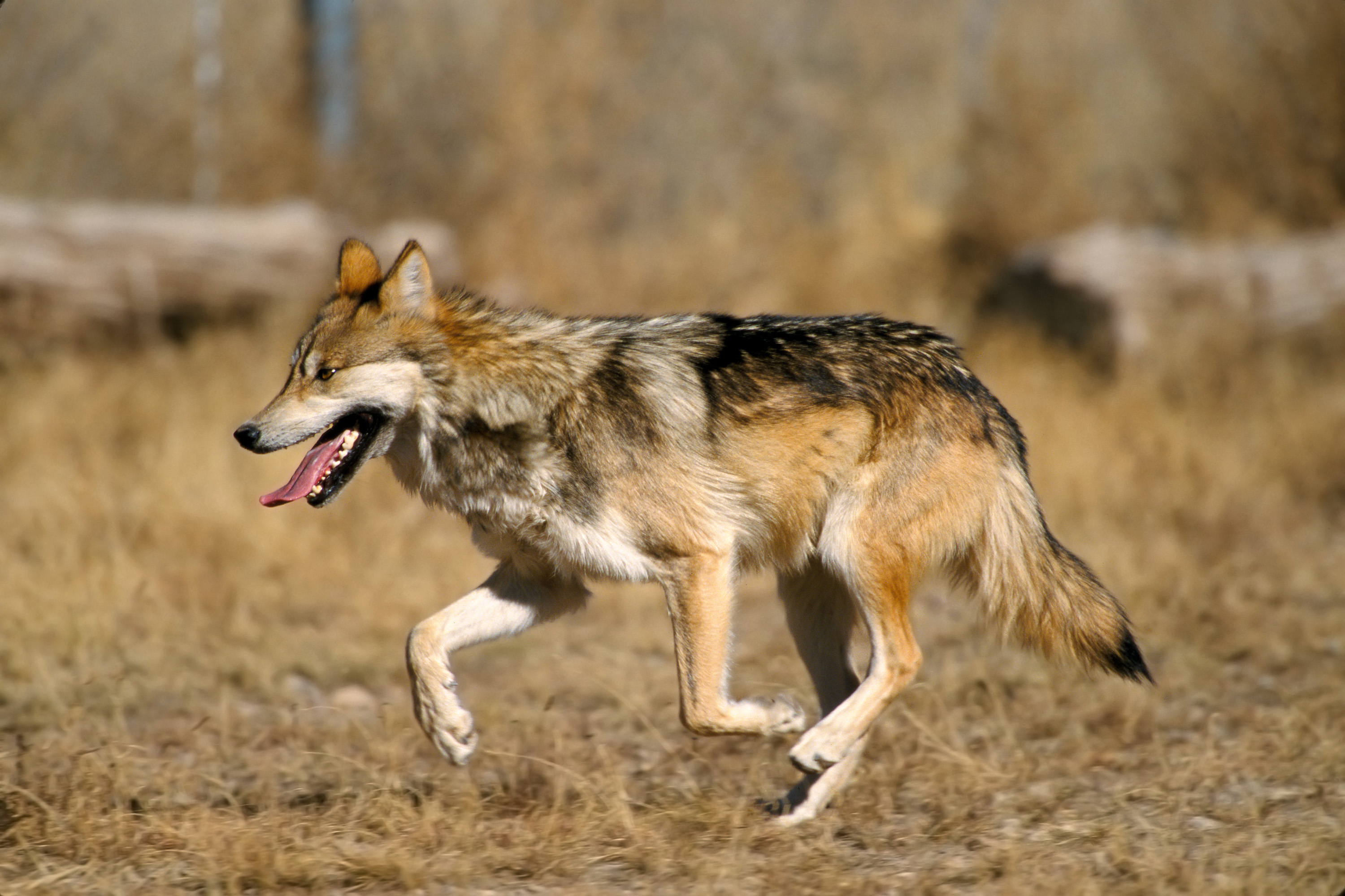One of the saddest realities we have to face as humans is that it is our species that is largely responsible for the annihilation of the wolves throughout much of the United States. In the Western part of the country hunting is mainly to blame for the decline in the number of wolves. But even though hunting has made a huge impact in the western part of the country, it has also played its role in the Eastern part of the country.
According to some recent research Michigan’s Isle Royale National Park is home to only 3 wolves, which could prove to be quite detrimental to this species survival. Even more upsetting is the fact that because there are now only 3 wolves left genetic rescue is not even an option, according to John Vucetich who conducted the yearly study of the park’s animals.
Based on data that was collected this year the only wolf pack left in the park is made up of 3 wolves, two adults and a 9-month old pup. While the two adults seem to be healthy, the health of the pup is in question. In observing the pup it was discovered that his posture is hunched, the tail is deformed, and there were several other issues that puts his life in jeopardy. Researchers strongly feel he won’t live more than a year at best.
Ever since 2009 the number of wolves inside this park has been steadily declining. In six years the pack went from 24 wolves to just 3 wolves. A big reason for this rapid decline in numbers is the amount of inbreeding that has been going on, which lowers the survival rate of the pups. If these wolves were to be saved scientists would need to introduce some new genetic material to the pack. The problem is the two healthy adults that are left seem to be a mating pair, so getting them to mate with other wolves would be an exercise in futility.
So, if the wolves won’t breed with other wolves is there any hope that the wolves can be repopulated naturally? While things do look bleak, there is really no solid answer. Recently scientists observed another set of wolves make their way into the park via the ice bridge. Now while these two pairs of wolves never even noticed each other, it does open up the possibility for more wolves entering the park. However, to repopulate the original pack the two remaining adults would need to breed with different partners.
Sadly, things don’t look very promising for the wolves of Michigan’s Isle Royale, but only time will tell if we humans can prevent them from disappearing for good. And, if the wolf population isn’t fixed soon the vegetation around the park is going to suffer next, thanks to the increase in the moose’s population. Without as many predators around the moose population has been growing steadily bigger.
So, it goes without saying that much more is at stake here than just a pack of wolves.



